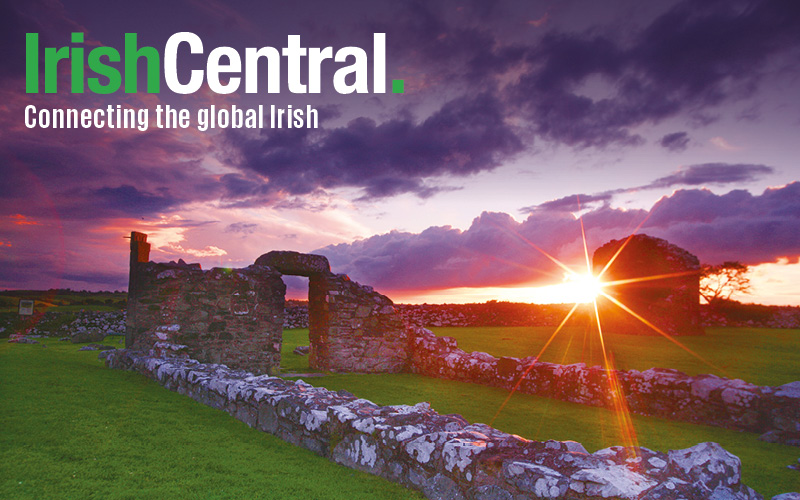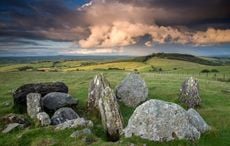American astronomers are to honor a 500 square mile area in southwest Kerry as an international ‘dark sky reserve’ for the quality of its night sky and lack of pollution.
The honor is regarded as the highest designation for the exceptional quality of the area’s night sky, according to the Irish Times.
The paper says the southwest Kerry area will be the first region in Ireland to receive such an award.
If it achieves ‘gold-tier’ reserve status, it will become the first region in the northern hemisphere to get this designation.
The report says local hope this will lead to an astro-tourism spin-off for Kerry.
The paper reports that astronomers and senior council officials will gather in the town of Cahersiveen on Monday evening to await the announcement from the US-based International Dark-Sky Association (IDA) in Arizona.
The IDA was set up in 1988 to protect and raise awareness of the night sky.
The global movement has gathered information on how light pollution at night affects aesthetics, energy bills, animal welfare and human health.
The paper says the association works closely with ecologists to minimize the impact of artificial lighting on wild areas and has worked to achieve awareness of human health implications, particularly in the US.
The area of Southwest Kerry set to be honored is sandwiched between mountains and the sea and includes Kells, Foilmore, Cahersiveen, Portmagee, Valentia Island, Dromid, the Glen, Ballinskelligs, Waterville, Derrynane and Caherdaniel.
It is regarded by astronomers as an exceptional nocturnal location with minimal pollution and of great scientific interest.
The Irish Times says it offers an array of visible phenomena including the Milky Way, zodiacal light and faint meteors.
A campaign to raise awareness of light pollution in the area was instigated by the Kerry Astronomy Club’s Julia Ormonde.
The award will offer a major boost to the campaign as only six locations worldwide have been given the higher distinction of international dark sky reserves and only two gold-tier reserves have been awarded: the Aoraki Mackenzie (New Zealand) and Namib- Rand Nature Reserve (Namibia, Africa).




Comments